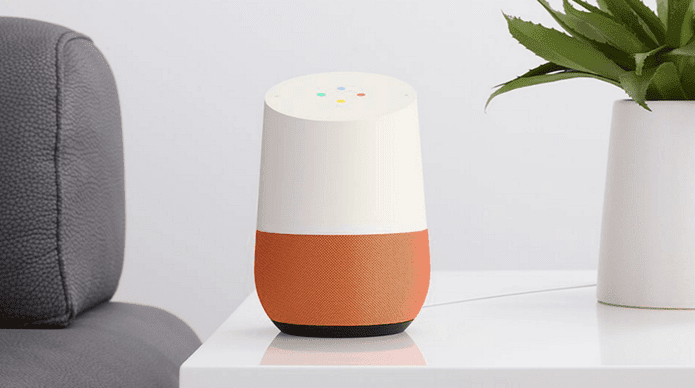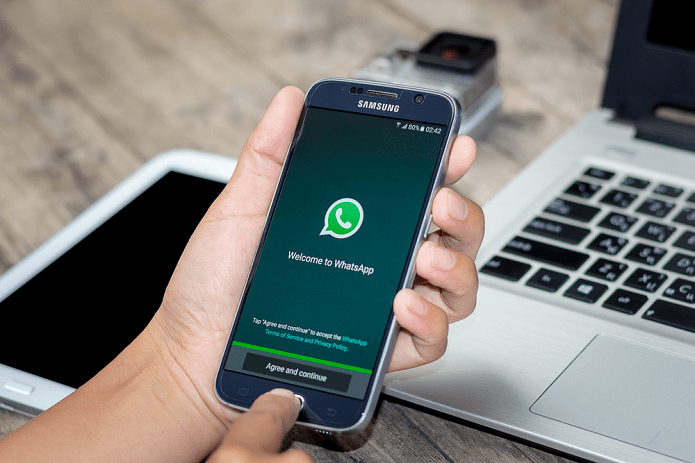Although there are a number of other reasons to ditch the Facebook app like it eating into your storage and data, draining the battery and making other apps, as well as the device sluggish, privacy concerns surrounding the app, remain the most pressing. Every app requires a certain degree of permissions from the user to access either your contacts (in the case of apps like Truecaller), images (in the case of photo-sharing apps like Instagram) and the likes. Similarly, Facebook also requires certain permissions from your device in order to be able to function to its optimum level but these permissions account for almost all of the permissions that any of the apps need.
To give you a brief idea, you allow the Facebook apps to access:
Your contacts, call logs, text messages. This essentially means that the company can see who all are in your contacts, call them, message them and also see who you’ve been in contact with. The app can also make modifications in your device’s calendar.Your location, which enables them to know where you are.Your camera, which means the app has permission to click images, record videos and audio via the microphone too.Your internal storage, which means they can see files on your phone as well as delete them.The app can access your WiFi, change the wallpaper, network connectivity and much more.
Please note that Facebook has offered an explanation to justify its app seeking almost full control of our device, but I hope you remember how Facebook is known for selling user data and also making user profiles to serve relevant ads on their platform.
Be rest assured that the explanation is truthful but sugar coated to hide the fact that Facebook has these permissions even when their specified justification for that permission isn’t being implemented by the app. Per se, the first explanation is for ‘Read your text messages (SMS or MMS)’. Facebook has access to your text messages even after it has verified your phone number. Be very careful how much access you’re giving to these apps. You can log in to Facebook via a browser of your choice if all these permissions worry you and you wish to get rid of the app but still, want to stay connected to your friends on the social network. Several such apps which require additional permissions that don’t conform with their functionality can also be a potential malware threat to your device. People usually trust ‘top developers’ on the Play Store but that shouldn’t be the case and you should scan each app’s permissions before you install them, lest beware of doling out more data — at times private too — to the apps which might be selling this data to third parties. The above article may contain affiliate links which help support Guiding Tech. However, it does not affect our editorial integrity. The content remains unbiased and authentic.






![]()


